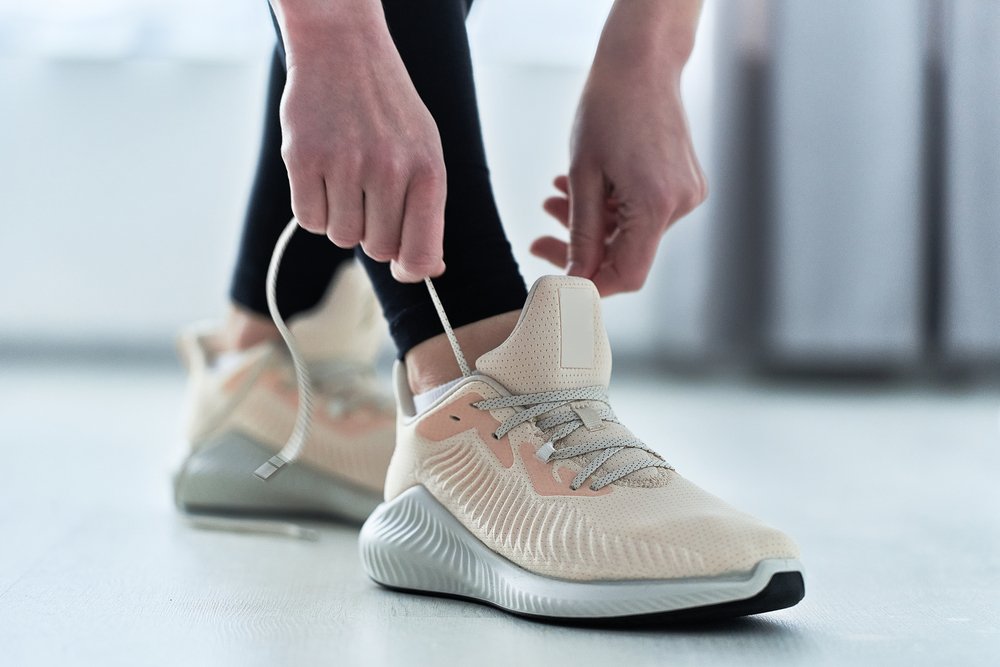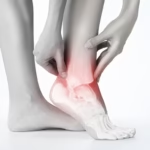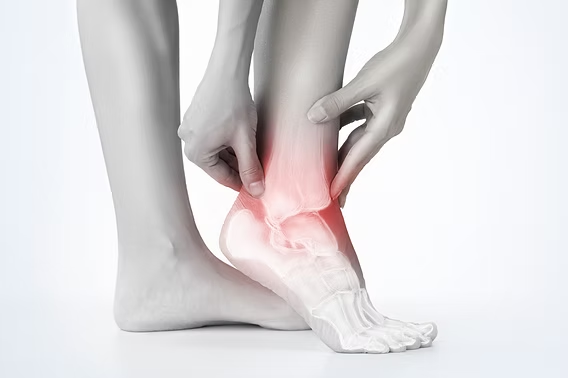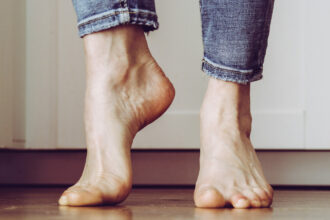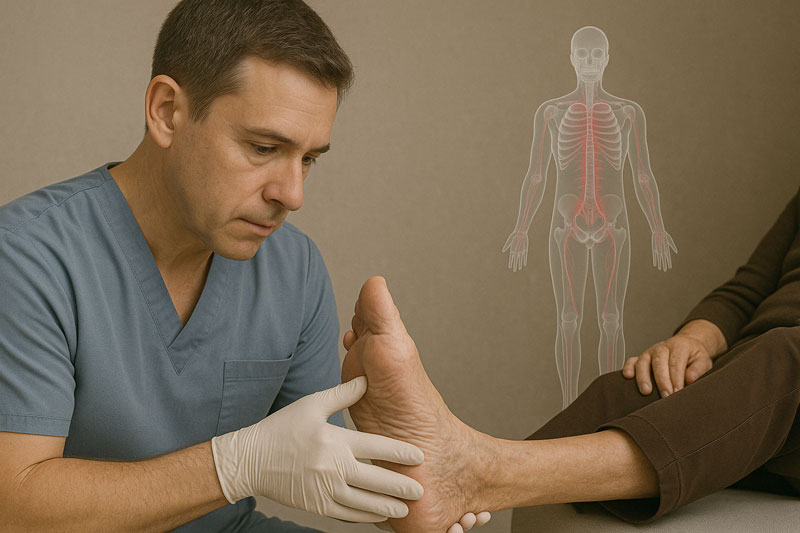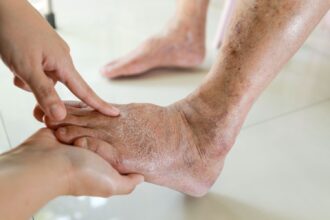Introduction
Proper footwear plays a crucial role in maintaining overall foot health. Our feet bear the entire weight of our bodies and are subjected to daily stress and strain. Wearing the right shoes can prevent a range of foot problems, improve comfort, and support proper posture and movement. This article explores why choosing the right footwear is essential, what to look for in shoes, and how improper footwear can negatively affect foot health.
Why Proper Footwear Matters
Supporting Foot Structure and Function
Shoes provide support to the arches, heel, and toes, helping to maintain the natural shape and function of the foot. Proper support reduces the risk of deformities such as bunions and hammertoes.
Reducing Foot Pain and Discomfort
Ill-fitting or unsupportive shoes can lead to foot pain, blisters, calluses, and other discomforts. Proper footwear cushions the feet, absorbs shock, and distributes pressure evenly.
Preventing Injuries
Good shoes help prevent common foot injuries like plantar fasciitis, stress fractures, and ankle sprains by providing stability and shock absorption.
Enhancing Overall Body Alignment
Feet are the foundation of the body. Proper footwear helps maintain correct posture and alignment, reducing strain on knees, hips, and the lower back.
Characteristics of Proper Footwear
Correct Fit
- Shoes should have enough room in the toe box to allow toes to move freely without being cramped.
- The heel should fit snugly without slipping.
- Proper length and width are critical to avoid pressure points.
Arch Support
- Shoes should support the natural arch of the foot to prevent overpronation or supination.
- Custom orthotics can be added if extra support is needed.
Cushioning and Shock Absorption
- Adequate padding in the sole reduces the impact on feet during walking or running.
- Look for shoes with cushioned midsoles for comfort.
Breathability and Material
- Shoes made from breathable materials prevent excessive sweating and reduce the risk of fungal infections.
- Lightweight and flexible materials enhance comfort.
Appropriate for Activity
- Different activities require different types of footwear (e.g., running shoes for jogging, hiking boots for trails, supportive shoes for work).
Consequences of Wearing Improper Footwear
Development of Foot Deformities
Constant pressure from tight or ill-fitting shoes can cause bunions, corns, calluses, and hammertoes.
Increased Risk of Injury
Poor footwear can lead to ankle sprains, plantar fasciitis, and stress fractures by failing to provide adequate support or shock absorption.
Chronic Foot Pain
Wearing shoes without proper cushioning or support can lead to persistent pain in the heels, arches, or balls of the feet.
Negative Impact on Posture and Gait
Improper shoes can alter the way you walk, leading to poor posture and potential pain in the knees, hips, and lower back.
Tips for Choosing the Right Footwear
Get Professionally Fitted
Have your feet measured regularly by a professional, especially if you notice changes in size or shape.
Shop for Shoes Later in the Day
Feet tend to swell throughout the day, so shopping in the afternoon ensures a better fit.
Try Shoes with Socks On
Wear the type of socks you intend to use with the shoes to get an accurate fit.
Replace Worn-Out Shoes
Shoes lose cushioning and support over time, so replace them when they show signs of wear.
Listen to Your Feet
If shoes cause discomfort or pain, it’s a sign they may not be right for you.
Conclusion
Proper footwear is vital for maintaining healthy feet and preventing a range of foot problems. Shoes that fit well, provide adequate support, cushioning, and are appropriate for the activity can improve comfort, reduce injury risk, and enhance overall body alignment. Paying attention to your footwear choices is a simple yet effective way to protect your feet and promote lifelong foot health.
Frequently Asked Questions (FAQs)
1. How often should I replace my shoes?
Typically, running shoes should be replaced every 300-500 miles or when you notice significant wear. Casual shoes may last longer but should be replaced once cushioning and support decline.
2. Can improper footwear cause back pain?
Yes, poor footwear can alter your posture and gait, leading to strain and pain in the back, hips, and knees.
3. Are high heels bad for foot health?
Frequent use of high heels can cause foot deformities, pain, and increase the risk of ankle injuries. It’s best to limit their use.
4. How do I know if my shoes provide good arch support?
Shoes with built-in arch support or those that accommodate custom orthotics generally provide adequate support. Consult a podiatrist if unsure.
5. Can wearing the wrong shoes lead to foot infections?
Wearing shoes that don’t allow feet to breathe or cause excessive sweating can increase the risk of fungal infections such as athlete’s foot.


